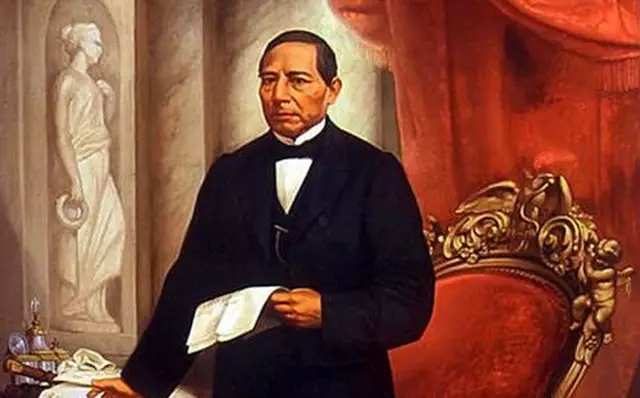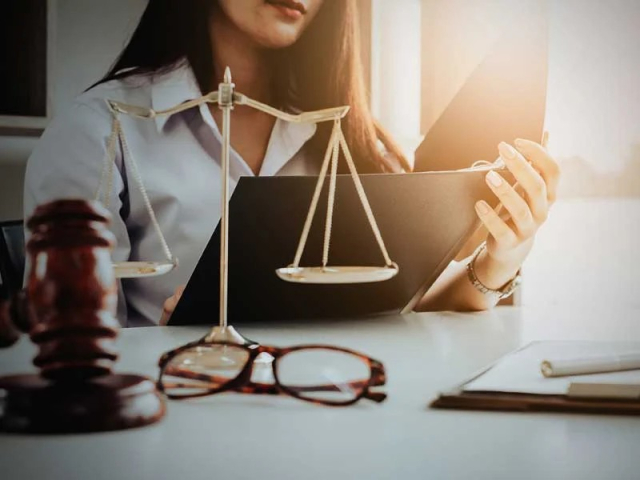Every July 12th, Lawyers' Day is celebrated in Mexico, a special day that pays tribute to legal professionals whose daily work guarantees access to justice and the protection of human rights. This commemoration recognizes the importance of one of the oldest professions in the world and highlights its role in building a more just, equitable, and democratic society.
Since its institutionalization in 1960, Lawyers' Day has become an opportunity to reflect on professional ethics, advances in the legal field, and the challenges facing lawyers in a context of constant social and technological transformation. Throughout history, lawyers have been key players in shaping the Mexican legal system, performing roles ranging from defending civil rights to advising on major state decisions.
History of Lawyer's Day in Mexico
The origin of the celebration
Lawyer's Day was officially established on July 12, 1960, by decree of then-President Adolfo López Mateos , following a proposal made by Federico Bracamontes , journalist and director of the Diario de México. The date commemorates a historical event of great significance: the teaching of the first formal law course at the Royal and Pontifical University of Mexico (today UNAM) in 1553, by the Spanish jurist Bartolomé Frías y Albornoz .
This event represents the institutional birth of the study of law in the country, marking the beginning of a legal tradition that has endured throughout the centuries. This celebration recognizes the consolidation of a legal education system that has trained thousands of lawyers committed to public service, the defense of the law, and social equity.
Institutionalization and first celebrations
Beginning in 1960, July 12th became an official occasion to highlight legal work in Mexico. The first celebrations included solemn ceremonies, commemorative speeches, roundtable discussions, and recognition of outstanding lawyers for their professional careers. Universities, bar associations, and judicial authorities adopted this date to foster debate on current legal issues and exalt the values that should govern the practice of law.
Over time, this day has acquired a more symbolic meaning, but it remains a significant date for those dedicated to law. Many institutions encourage reflection on the role of lawyers in issues such as ethics, corruption, access to justice, and the digital transformation of the legal system.

The relevance of the lawyer in Mexican society
Defenders of the Rule of Law
Lawyers are essential pillars of the rule of law , a principle that guarantees that all people, regardless of their position, are subject to the law. Their primary function is to interpret, apply, and defend legal norms , acting as mediators between the individual and the legal system. This responsibility makes them key players in protecting citizens' rights and freedoms.
In a country where social inequalities are still glaring, the role of lawyers is crucial to ensuring that all citizens have access to adequate defense. Their work ranges from representing an individual in a criminal trial to legally advising entire communities in collective proceedings, fighting for causes such as decent housing, the right to water, and environmental protection.
Participation in political and social processes
Historically, many of Mexico's great reformers and leaders were lawyers. Figures such as Benito Juárez , José María Iglesias , and Ignacio L. Vallarta used their legal training to drive profound changes in the country's structure, from the consolidation of the republican system to the creation of modern institutions. This legacy lives on, as lawyers continue to actively participate in political life, both in the legislative branch and in civil organizations.
Furthermore, in recent years, lawyers have played a fundamental role in key social processes: defense of journalists, legal feminism, institutional transparency, the rights of Indigenous communities, and more. In all these cases, their legal knowledge is a powerful tool for translating social demands into concrete legal reforms.

Conflict mediators
Beyond the courts, lawyers also act as mediators and conciliators , promoting alternative solutions to disputes. In an often overcrowded judicial system, these avenues allow for faster and less costly conflict resolution, while fostering dialogue and a culture of peace.
The growth of mechanisms such as family mediation , commercial arbitration , and labor conciliation demonstrates the importance these skills have acquired in the profile of the contemporary lawyer. Their intervention prevents protracted conflicts and improves relationships between the parties involved.
Training and professional ethics of the lawyer
University degree and specialization
Becoming a lawyer in Mexico requires completing a law degree , which covers theoretical and practical studies in various legal fields. During the five years that the program typically lasts, students acquire knowledge in criminal, civil, commercial, administrative, constitutional, and other laws.
Many later choose to pursue postgraduate or specialized courses to gain in-depth knowledge of areas such as tax law , international law , intellectual property , or human rights . This ongoing training is essential in an increasingly complex and globalized legal environment.
Ethics in the practice of law
Lawyers must act in accordance with sound ethical principles, such as honesty, respect, confidentiality, and social responsibility. The Code of Professional Ethics establishes guidelines that should guide their conduct, both before their clients and before the courts and society in general.
Ethics takes on special relevance in contexts where the judicial system faces criticism for corrupt practices. In this sense, every lawyer has an obligation to contribute to strengthening a culture of legality, rejecting any act that compromises justice or violates people's rights.

Evolution of the lawyer in the 21st century
Incorporation of technology
With the advancement of technology, the profile of the lawyer has evolved significantly. Today, it is essential for lawyers to master digital tools such as electronic file management systems , legal databases , digital signatures , and court videoconferencing platforms .
Furthermore, the use of artificial intelligence in legal document analysis and process automation has begun to transform the way law is practiced, making work more efficient and reducing the margin of error.
New areas of law
The digital world has generated unprecedented legal challenges that require specialized knowledge. Areas such as personal data protection , IT law , cybersecurity, and e-commerce require lawyers trained to interpret regulations that are still under constant development.
Furthermore, globalization and the rise of international treaties require today's lawyer to have an interdisciplinary and multilingual approach to handle cases with cross-border components.
Common activities during Lawyer's Day
Keynote lectures on current legal topics.
Recognition of distinguished jurists for their careers.
Publication of commemorative articles in legal journals.
Events organized by bars and colleges of lawyers.
University debates on ethics and legal reforms.
These activities not only celebrate lawyers but also foster dialogue and learning between generations, reaffirming the profession's commitment to justice and national development.
